During the treatment of bladder stone, the underlying problem can be determined and if possible, treatment can be performed in the same session. Bladder stones develop as a complication of benign prostate enlargement. Therefore, in this case, solutions for prostate-related obstruction are presented to our patient in the same session as stone treatment.
Closed methods are generally preferred in the treatment of bladder stones. Under general or spinal (anesthetizing with a needle from the waist) anesthesia, it is entered through the external urinary canal with a camera device and the urinary bladder is reached. Meanwhile, if there is a narrowing in the urethra, this narrow area can be opened with a laser or a cold knife. The stone in the bladder is powdered by laser and cleaned, and the operation is completed. This method is called endoscopic cystolithotomy.
In larger (3cm) bladder stones, it takes time to remove the stones from the urethra with laser, and it is desirable not to damage the urethra during this time. Therefore, in large bladder stones, under anesthesia, the urinary bladder is entered with a camera device with a 1 cm incision from the skin area above the patient's bladder, and the stone is fragmented and removed. This method is called percutaneous cystolithotomy.
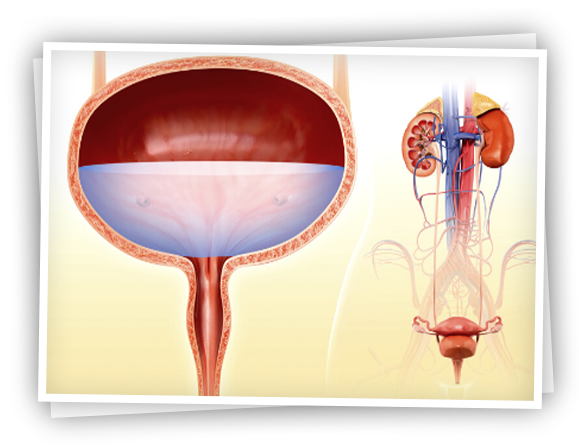





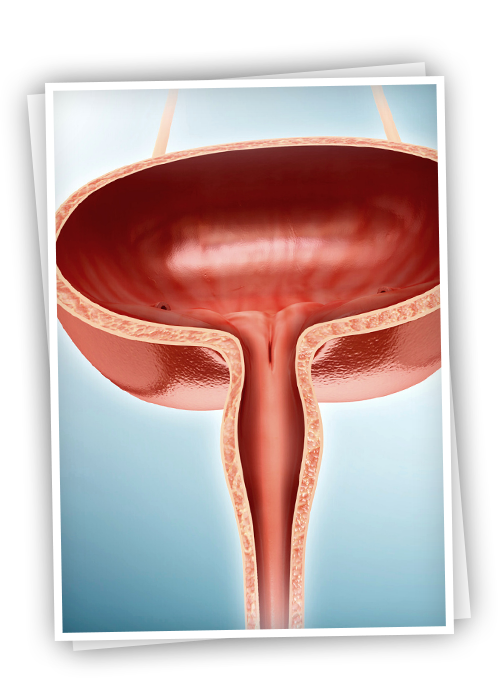
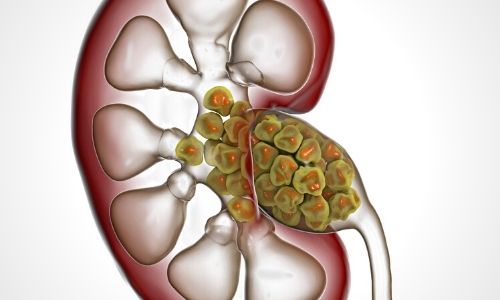
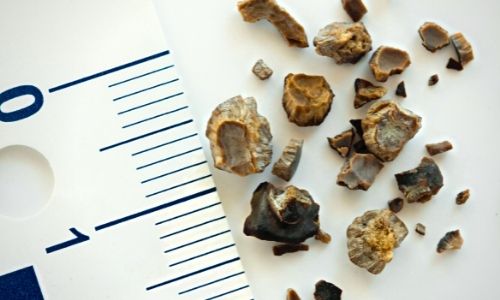
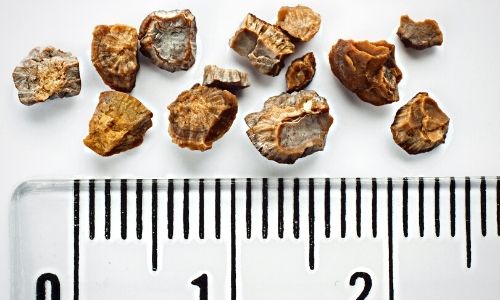
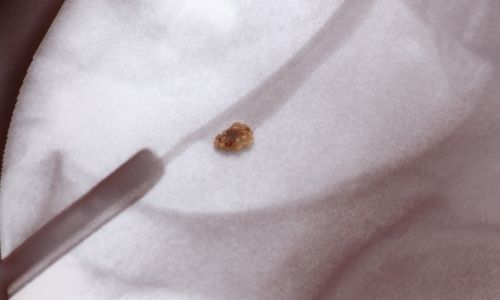
thank you for giving useful information about Stones removal treatment .this blog is very important for reader.
thank you for giving useful information about Bladder Stone treatment .this blog is very important for reader.